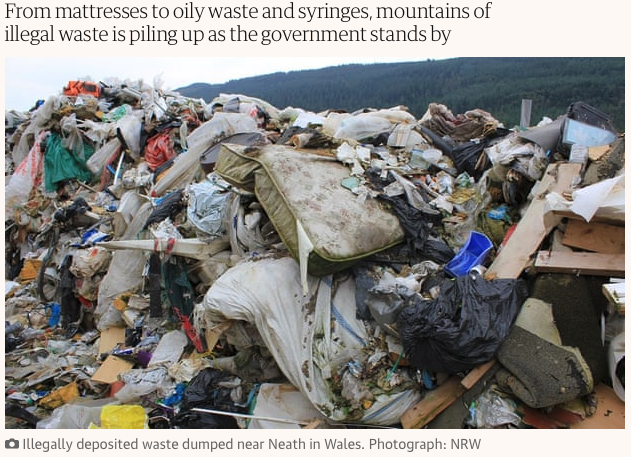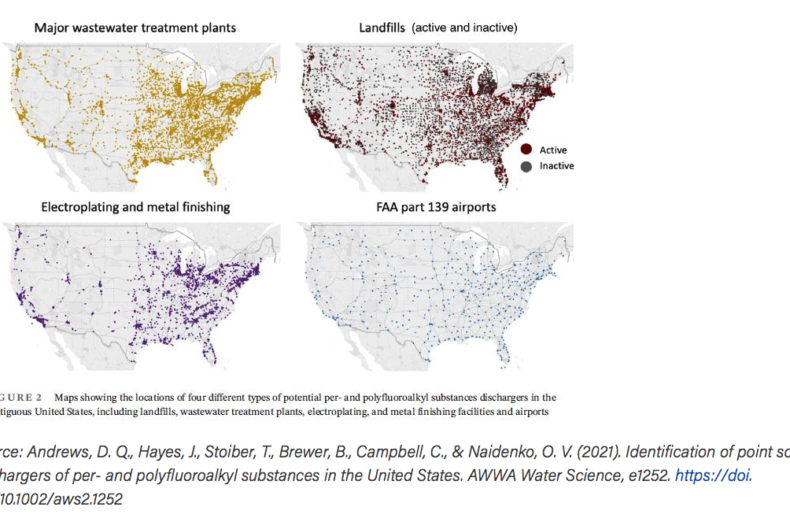He was fined £840. The Environment Agency announced, “We hope this case will send a clear message”. It will, but not the one it intends.
It’s a familiar story: of almost total regulatory collapse. The failure of the Environment Agency’s waste register looks similar to the farce of company registration, devastatingly exposed by Oliver Bullough. This story reminds me both of the catastrophic failure to protect elderly and vulnerable people against fraud and of the dumping of raw sewage and farm manure into our rivers and seas.
All these failures are inevitable outcomes of 40 years of “cutting red tape”, of slashing the budgets of regulatory agencies, of outsourcing and self-reporting. We were promised freedom. But the people our governments have set free are criminals. Yet another filthy business is cleaning up.



